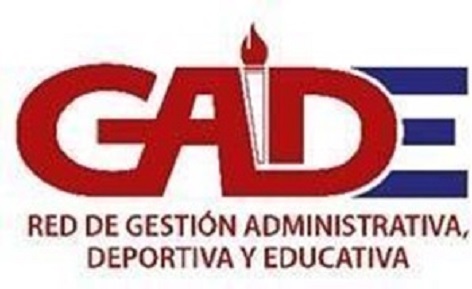What to do if you suspect that a reviewer has appropriated an author's ideas or data?
An author alleges misconduct by a reviewer, then:
- Thank the author and communicate your intention to investigate.
- Obtain the files (the submitted manuscript and the reviewers' reports)
Depending on the review method used (Open or blind), the following procedures are followed:
A. Open review (the identity of the reviewer is revealed to the author)
- Collect as much documentary evidence as possible from the author and other sources, e.g. For example, the published article*, the summary, the report on a conference or similar event, a copy of the slides, or a funding request. Do not contact the reviewer until he has evaluated these documents.
- Review the data (or have a suitably trained person review it) and decide whether the author's claim is substantiated or not, then
If:
Not substantiated
1. Discuss the case with the author and request additional data, if:
- The allegation appears to be substantiated, so contact the reviewer in writing, explaining your concern and requesting an explanation.
The reviewer can respond in two ways:
The explanation is satisfactory, then:
- Discuss the case with the author
No answer, or the explanation is not satisfactory,
- Contact the center where the reviewer works to request an investigation. Several possible actions follow from this:
- The reviewer is exonerated and the case is discussed with the author
- Consider excluding the reviewer from the reviewer database during the investigation, and inform the reviewer of your decision
- It is determined that the reviewer is guilty, then the reviewer is permanently removed from the database and the possibility of publishing information about the case in the journal is considered and the author is kept informed of the progress of the investigation.
- If a response is not received, contact the center again every 3-6 months. Keep the author informed of the progress of the investigation




